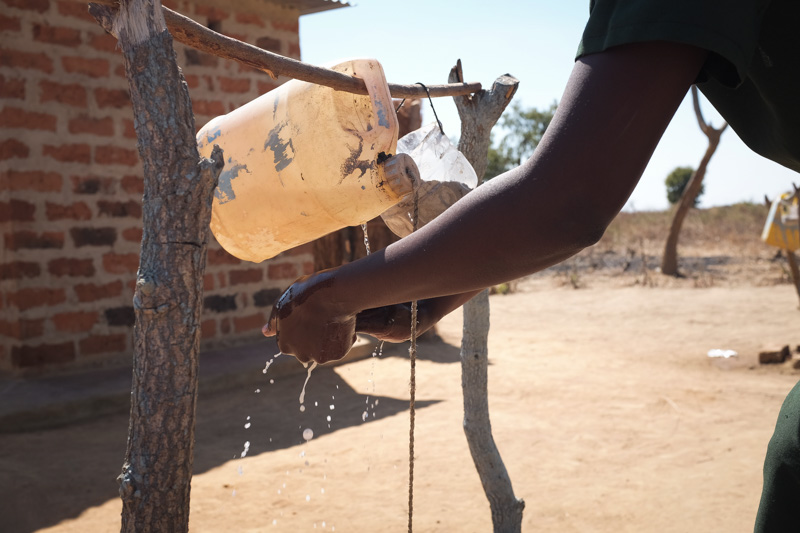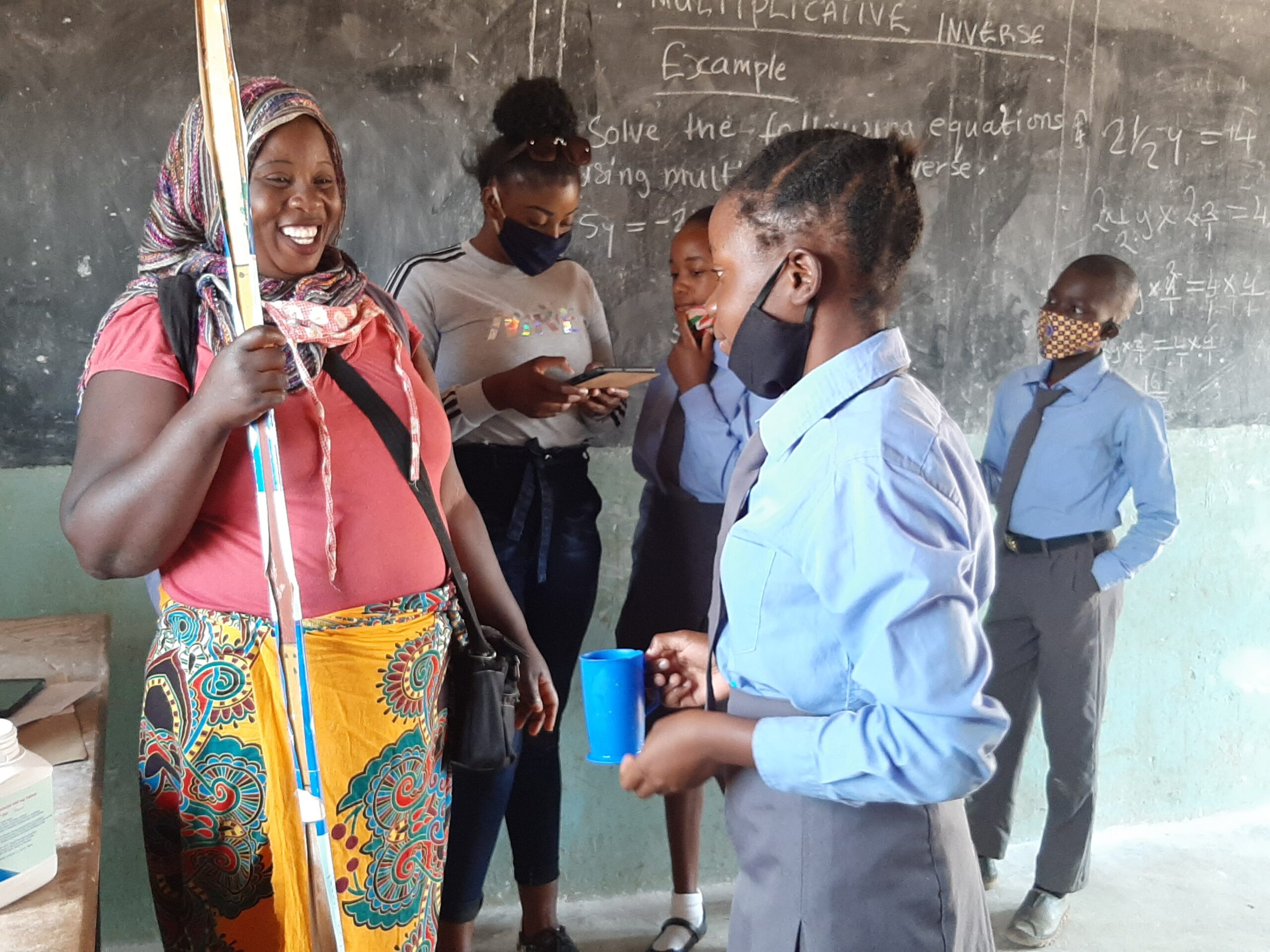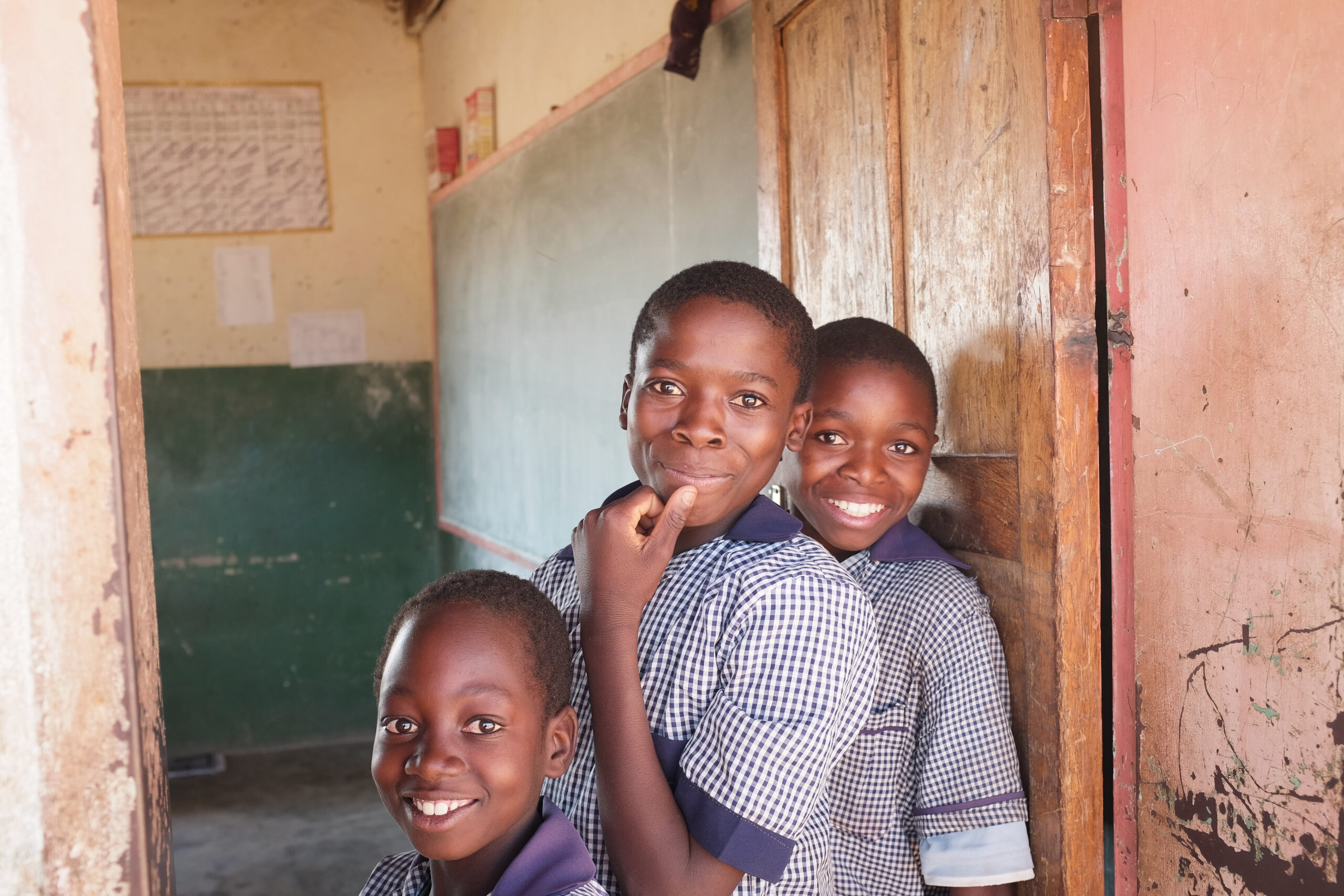The Problem
- In 2007, only 58.5% of Zambia’s female youth ages 15–24 were literate.
- Today, 81% of Zambians complete a primary education, but without timely data, improving student performance remains a challenge.
Our Solution
Akros worked with Zambia’s Ministry of General Education and UNICEF to establish the country’s first mobile-to-web DHIS2 data collection platform to monitor routine school indicators. With this system, teachers can better meet student needs, and administrators can more effectively support teachers.


Each month, head teachers record data on attendance, test scores, school feeding, and access to water and sanitation.
Supervisors capture this data on tablets and upload it via satellite to a cloud-based server.
The server aggregates results and delivers actionable feedback to Ministry officials, district officers, head teachers, PTA chairs, and community leaders.
This approach ensures that data flows quickly to the people best positioned to act—making education more responsive and effective.
The Problem
Sanitation practices like hand-washing and latrine use are essential to children’s health and school attendance. Yet in many rural Zambian schools, there are no latrines, no running water, and no soap for hand-washing. Without these basics, children face higher rates of preventable illness and miss valuable days of learning.

Our Solution
Akros worked with the Government of Zambia and local communities to roll out SLTS, building facilities and promoting sustainable hygiene practices:
- Constructed 853 school latrines with active participation from local communities.
- Rolled out SLTS in schools across 17 districts.
- Collected ongoing sanitation data via community mobile-to-web reporting to identify weak points and improve hand-washing practices.
Impact
As data are shared among chiefs, head teachers, and leaders, communities can quickly identify and address barriers to good sanitation. SLTS not only improves hygiene at school, but also equips children with life skills that influence their families and communities.
